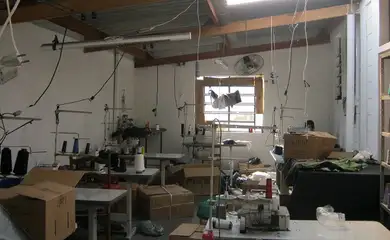Brazil stands out for anti-slavery efforts, says ILO




Brazil has mechanisms in fighting forced labor that are unparalleled elsewhere in the world, including special watchdog groups with a countrywide presence -
Brazil is a global leader in fighting forced labor, although there still are many challenges and concerns. Speaking at a conference on the issue in São Paulo on Monday (Nov. 10), Luiz Machado, head of project Combating Forced Labor in Brazil of the International Labour Organization (ILO), extolled the country's efforts. “We have mechanisms [in Brazil] that are unparalleled elsewhere in the world, including special watchdog groups with a countrywide presence,” he explained.
Machado went on to cite the National Plan to Eradicate Slave Labor enforced by the federal government through a number of initiatives. “These include prevention and victim support, so we can break the vicious cycle of slavery. Even workers who are rescued [from slavery] remain vulnerable and many eventually relapse into slavery,” he said.
According to the ILO representative, the sector of the population most vulnerable to forced labor in Brazil are poor, male adults in less developed areas, who seek work in other states or are recruited. However, on a global scale, women and children are more vulnerable. “This is a very dynamic practice and elsewhere in the world it has links with trafficking in persons and sexual exploitation,” he said.
Juliana Armede, a coordinator at the São Paulo State Center for Combating Trafficking in Persons, reported that a majority of enslaved workers in São Paulo is found in rural areas. “In some Brazilian states there is a lot of wealth, but public policies there are too scarce. The result is, people are left defenseless and remain prey to slavery.”
In urban areas of the country, slave labor is most commonly found in construction and textiles, whereas in rural areas the practice can be found in large and small farms alike. “Both of these worlds are full of problems. And it also happens because of a production system that operates on very unequal ways. There are always the exploiters and the exploited. We haven't evolved in terms of economic structures that are sensitive to social problems,” Armede concluded.
Translated by Mayra Borges
Fonte: Brazil stands out for anti-slavery efforts, says ILO



